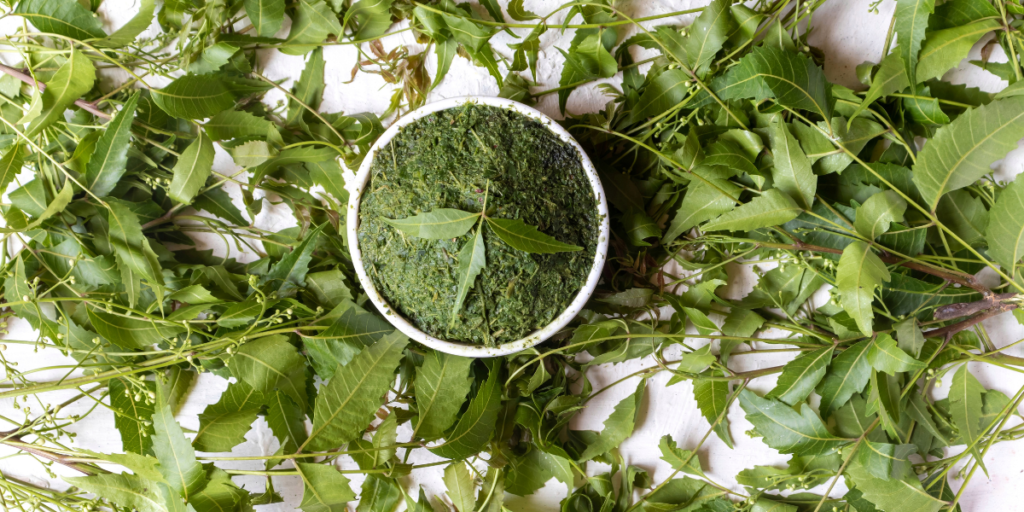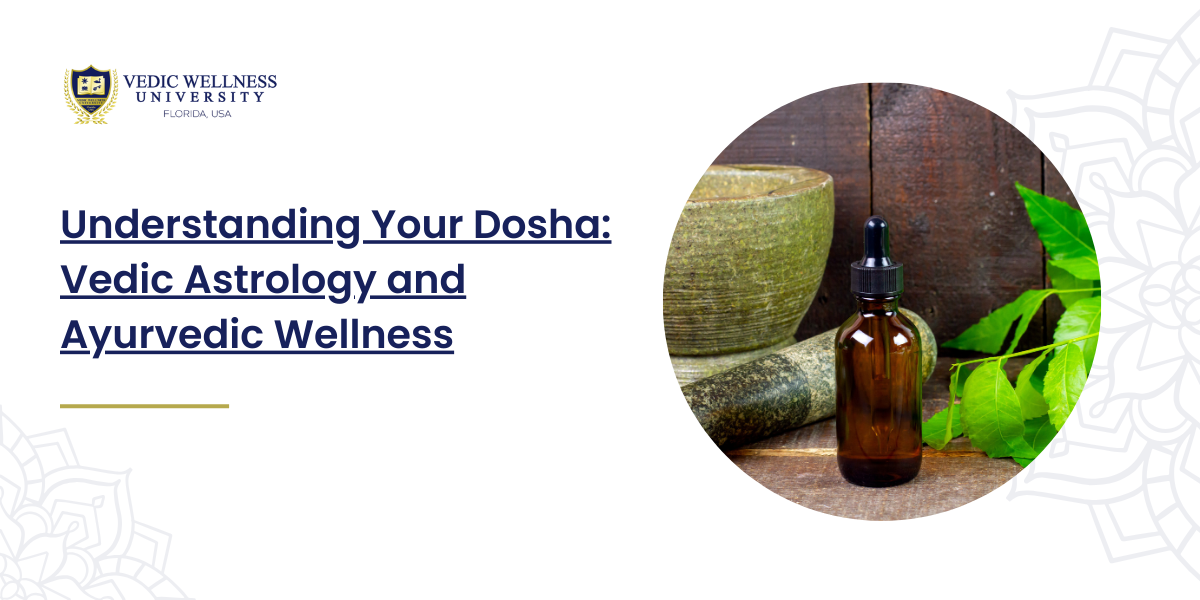Introduction
“वातपित्तश्लेष्मा शरीरधारणं चतुर्विधं दोषाणां च त्रयाणां।”
(Vata Pitta Shleshma Shariradharanam Chaturvidham Doshanaam Cha Trayaanaam)
“Vata, Pitta, and Kapha are the three humors that sustain the body.”
- Charaka Samhita
In the realm of Ayurveda, the concept of Dosha is fundamental to understanding individual health and wellness. Derived from ancient Vedic texts, Doshas are biological energies found throughout the human body and mind. They govern all physical and mental processes and provide every living being with an individual blueprint for health and fulfillment.
What Are Doshas?
Doshas are the three fundamental bio-elements that make up our physical constitution. These are:
- Vata (Air and Ether)
- Pitta (Fire and Water)
- Kapha (Water and Earth)
Each Dosha is a combination of two of the five elements and is responsible for different physiological functions within the body. Understanding your primary Dosha and how it influences your physical and mental health is key to achieving balance and well-being.
Types of Doshas and Their Impact
1. Vata Dosha
Characteristics: Vata Dosha is composed of air and ether elements. It governs movement and is responsible for all bodily functions related to motion, including breathing, circulation, and nerve impulses.
Impact on Daily Life: When Vata is balanced, it promotes creativity, flexibility, and clear thinking. Individuals with a dominant Vata Dosha are often lively, energetic, and quick-thinking. However, an imbalance can lead to anxiety, insomnia, dry skin, and digestive issues.
Physical Attributes: People with a Vata constitution tend to have a light, slender body frame, and dry skin. They may experience irregular digestion and feel cold easily.
Emotional Attributes: Vata types are often enthusiastic and imaginative but can become easily overwhelmed and anxious when stressed.

2. Pitta Dosha
Characteristics: Pitta Dosha is made up of fire and water elements. It governs metabolism and is responsible for digestion, absorption, and body temperature.
Impact on Daily Life: Balanced Pitta supports intelligence, leadership, and strong digestion. Pitta-dominant individuals are typically confident, articulate, and ambitious. However, when out of balance, Pitta can cause irritability, inflammation, and digestive disorders like acid reflux.
Physical Attributes: People with a Pitta constitution usually have a medium build, warm body temperature, and oily skin. They have a strong appetite and efficient digestion.
Emotional Attributes: Pitta types are often passionate and driven but can become prone to anger and impatience under stress.
3. Kapha Dosha
Characteristics: Kapha Dosha combines water and earth elements. It governs structure and lubrication and is responsible for maintaining body tissues and storing energy.
Impact on Daily Life: Balanced Kapha promotes stability, patience, and strength. Individuals with a dominant Kapha Dosha are generally calm, compassionate, and loyal. However, imbalance can lead to lethargy, weight gain, and respiratory issues.
Physical Attributes: People with a Kapha constitution typically have a sturdy, heavier body frame, smooth skin, and strong endurance. They may experience slow digestion and a tendency to gain weight.
Emotional Attributes: Kapha types are nurturing and supportive but can become overly attached and resistant to change when stressed.
Ways to Counter Dosha Imbalances | Vedic Astrology
1. Balancing Vata Dosha
Diet:
- Eat warm, cooked foods.
- Favor sweet, sour, and salty tastes.
- Avoid cold and raw foods.
Lifestyle:
- Maintain a regular routine.
- Engage in calming activities like meditation and gentle yoga.
- Keep warm and avoid excessive travel.
Herbal Remedies:
- Use warming spices like ginger and cinnamon.
- Consider herbs like Ashwagandha and Brahmi for their grounding properties.
“अपवर्गार्थं प्रवरः।”
(Apavargartham Pravarah)
“To overcome obstacles, the best means is self-restraint.”
- Manusmriti
2. Balancing Pitta Dosha
Diet:
- Eat cooling, hydrating foods.
- Favor sweet, bitter, and astringent tastes.
- Avoid spicy, fried, and acidic foods.
Lifestyle:
- Engage in cooling activities like swimming and moonlit walks.
- Practice mindfulness and relaxation techniques.
- Avoid excessive heat and intense exercise.
Herbal Remedies:
- Use cooling herbs like mint and coriander.
- Consider herbs like Neem and Guduchi to support liver function and reduce inflammation.
“शमर्थे चातुर्यं।”
(Shamarthe Chaturyam)
“Wisdom lies in calmness.”
- Bhagavad Gita
3. Balancing Kapha Dosha
Diet:
- Eat light, warm, and spicy foods.
- Favor bitter, pungent, and astringent tastes.
- Avoid heavy, oily, and cold foods.
Lifestyle:
- Engage in stimulating activities like vigorous exercise and varied routines.
- Practice cleansing techniques like dry brushing and oil pulling.
- Avoid oversleeping and excessive rest.
Herbal Remedies:
- Use stimulating spices like black pepper and turmeric.
- Consider herbs like Triphala and Guggulu for detoxification and metabolism support.
“उत्तिष्ठत जाग्रत।”
(Uttishthata Jagrata)
“Arise, awake, and stop not till the goal is reached.”
- Katha Upanishad

Conclusion
Understanding your Dosha through the lens of Vedic astrology and Ayurvedic wellness can provide profound insights into maintaining physical and mental health. By recognizing the unique constitution of Vata, Pitta, and Kapha within ourselves, we can adopt personalized dietary, lifestyle, and herbal remedies to achieve balance and well-being.
“सर्वे भवन्तु सुखिनः, सर्वे सन्तु निरामयाः।”
(Sarve Bhavantu Sukhinah, Sarve Santu Niramayah)
“May all beings be happy, may all beings be free from disease.”
- Brihadaranyaka Upanishad
Embracing the wisdom of Ayurveda and Vedic astrology empowers us to lead healthier, more harmonious lives, fostering a deeper connection with our natural rhythms and the world around us. At Vedic Wellness University, we are committed to integrating these ancient practices with modern knowledge, guiding individuals towards a balanced and fulfilling life.


